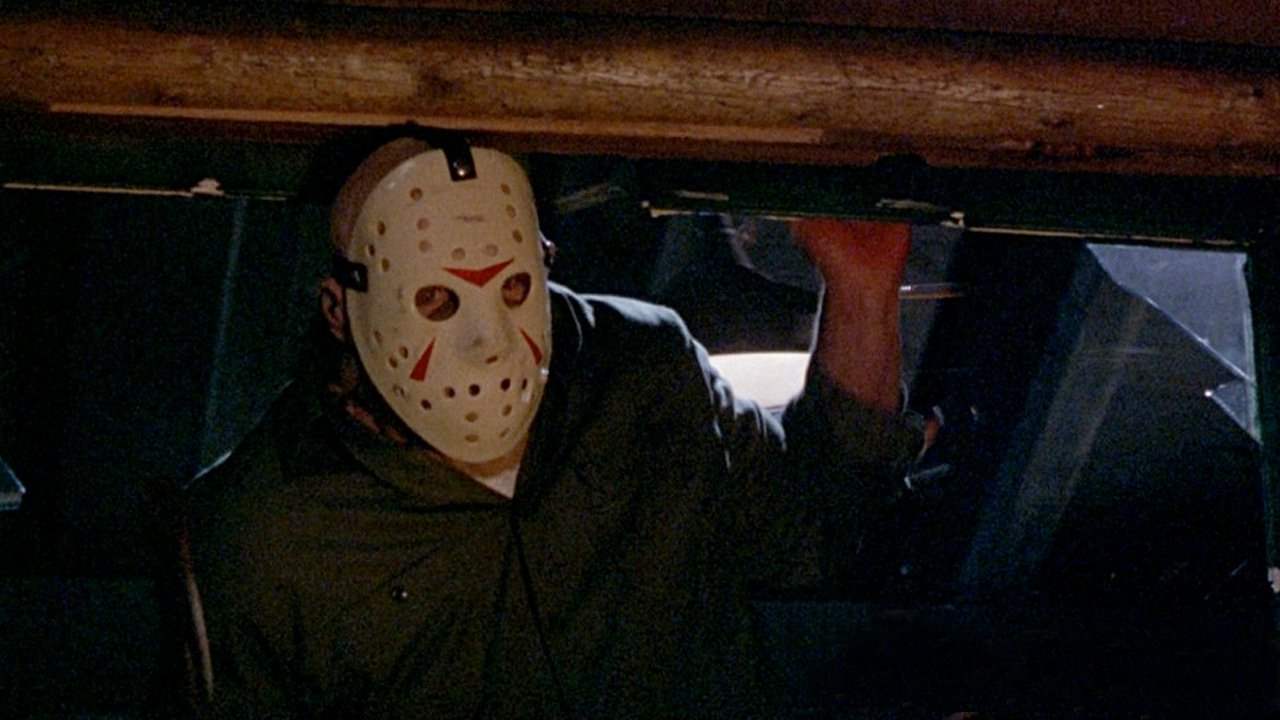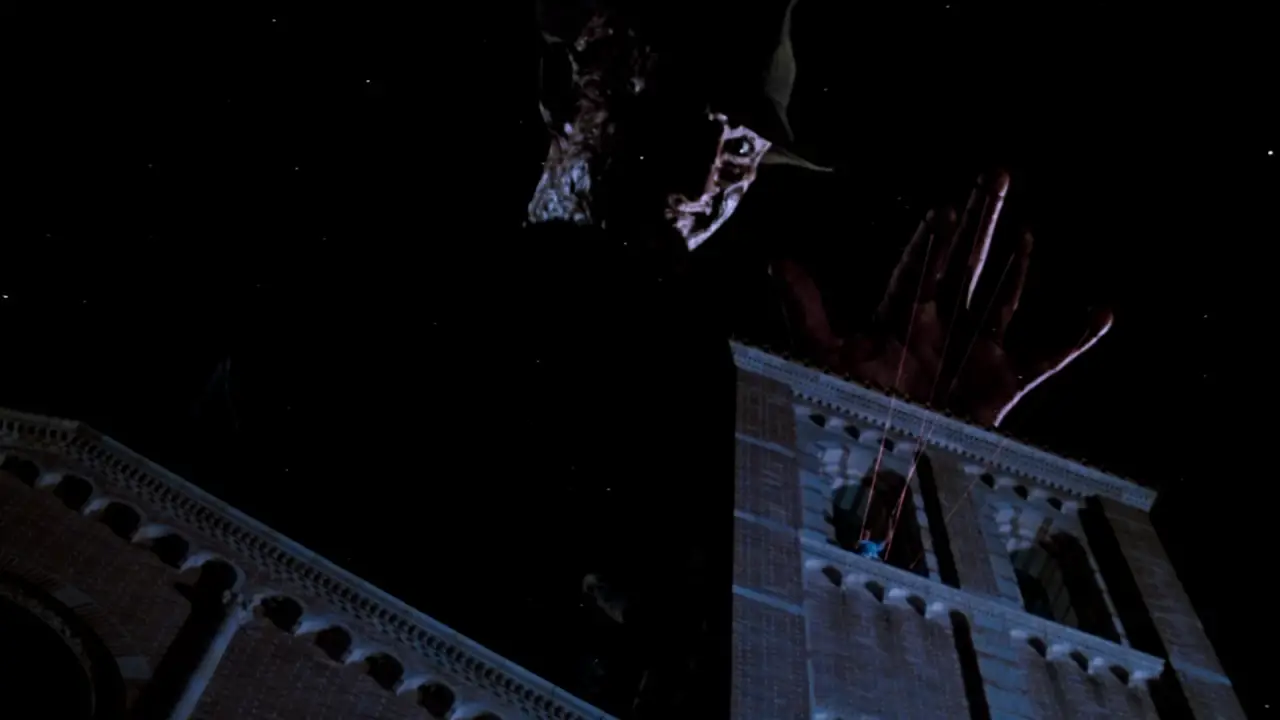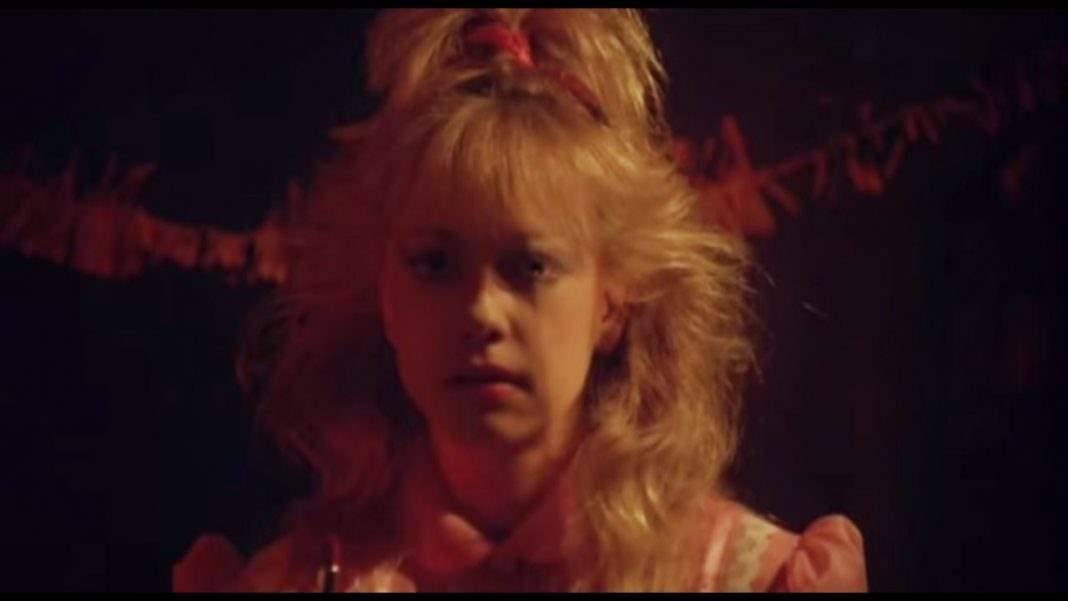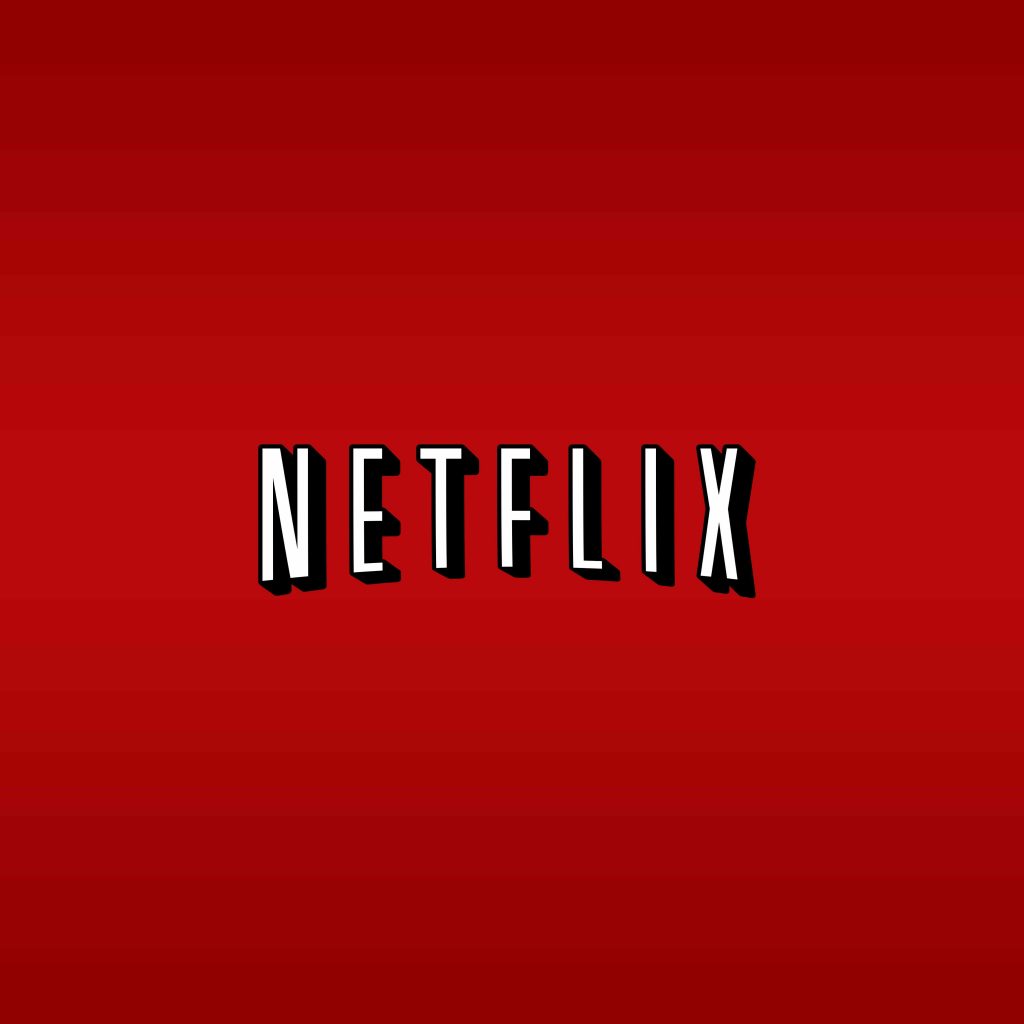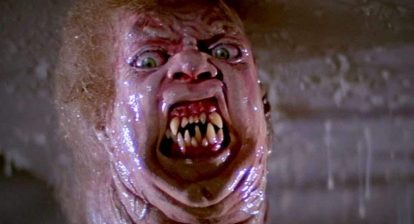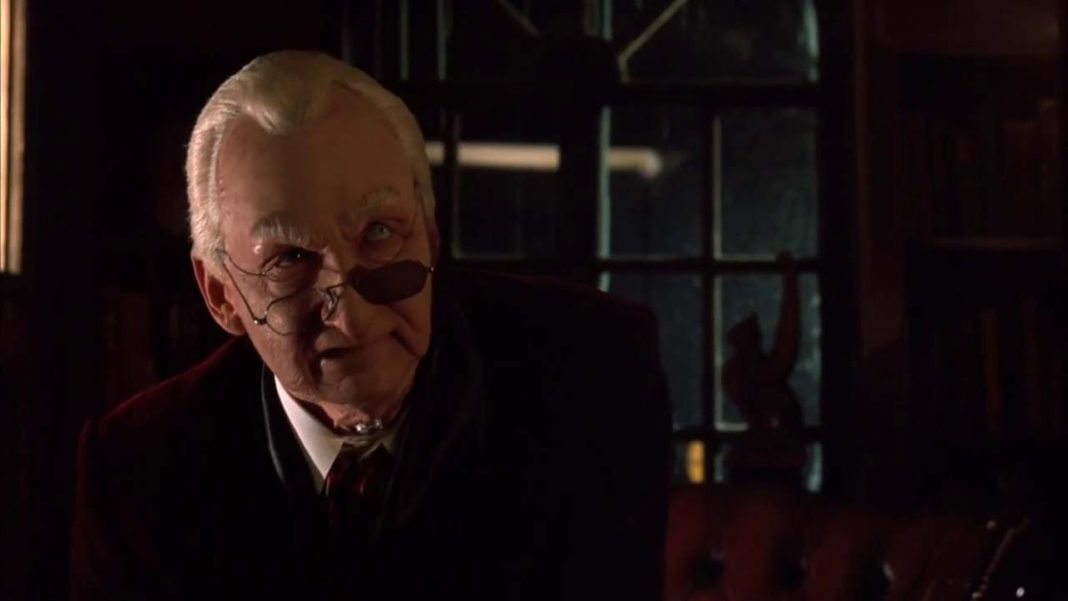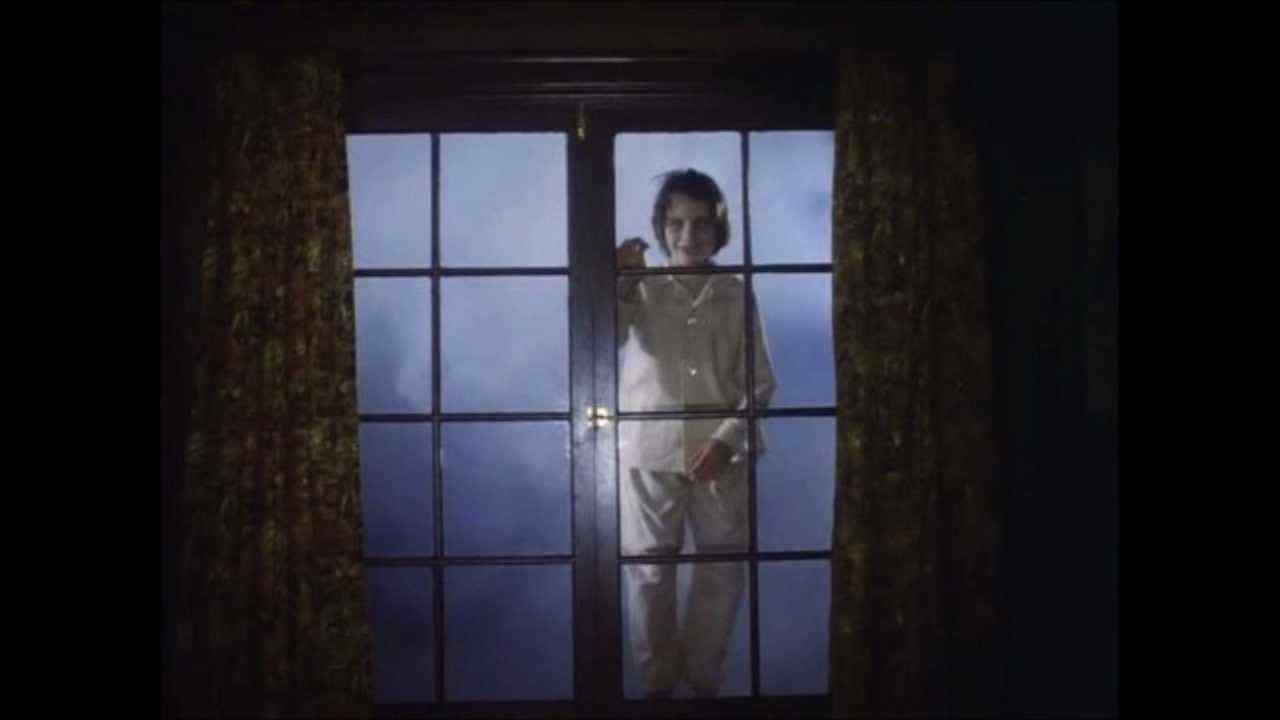Horror sequels are almost universally looked down upon, considered something that must be dealt with because there’s no way to overcome the inevitability of their existence. They are dismissed, more often than not, just for existing, and while everyone has their favorite examples of what a great sequel looks like, they are generally considered the exception and not the rule. It is almost universally true that sequels are made to cash in on the original. There’s no real point in arguing that. But the fact of the matter remains that most films are made to cash in on something. Even if it’s not a particular property or franchise, a movie will be green lit because similar movies are coming out at the time.
That’s just the way it works. The film industry is a business, first and foremost. But that does not mean a movie cannot be art. It’s a tricky at form to master because of the amount of money that goes both into it and comes out of it. But that doesn’t mean it’s not art. A motion picture has to be examined on its own, be looked at as an individual entity, no matter what has come before or after it. A sequel should not negate these principals. One sequel shouldn’t stand as the representative for all of them, yet this is all too often the way it is seen.
At the same time, saying that you like one sequel to a movie seems to imply that you like all sequels in general or/and you must love all of the sequels in a particular franchise if you like one. If you love A Nightmare on Elm Street 3, you must clearly have a passion for Freddy’s Dead: The Final Nightmare. Or if you enjoy Psycho II, you most also love Psycho III and IV.
These arguments have never made sense to me. Even if there are details that come out in later movies that contradict the first—and there almost always are—they have no bearing on the first movie when viewed on its own. I don’t think of The Fly II when viewing The Fly, nor do I have the events of Lost Boys: The Tribe in mind when watching The Lost Boys.
Of course the number one argument against sequels, the thing that you always hear is that they never outdo the original. Cases of sequels that topped the original are rare. This point is generally valid. Most sequels do not top the first, but that shouldn’t matter if we’re going with the notion that all films should be taken on their own and examined individually.
Related Post: Ten horror films that equaled or outdid the original.
 While there might not be that many sequels that outdo the first—even though everyone can name some—that doesn’t mean there aren’t many, many good sequels. Texas Chainsaw Massacre 2 is very different from the first and while it’s not quite as powerful a movie, that doesn’t mean it’s not great. There are definitely good sequels in the Halloween and A Nightmare on Elm Street franchises. Hell, there are at least four Friday the 13th movies that are better than the first. But we’re not here to name movies, we’re here to point out how ridiculous it is that we should even have to.
While there might not be that many sequels that outdo the first—even though everyone can name some—that doesn’t mean there aren’t many, many good sequels. Texas Chainsaw Massacre 2 is very different from the first and while it’s not quite as powerful a movie, that doesn’t mean it’s not great. There are definitely good sequels in the Halloween and A Nightmare on Elm Street franchises. Hell, there are at least four Friday the 13th movies that are better than the first. But we’re not here to name movies, we’re here to point out how ridiculous it is that we should even have to.
The notion that one thing devalues something else by existing does not make sense. Return of the Living Dead should not devalue zombie films just for changing the rules established in Night of the Living Dead. Nor should American Werewolf in London be criticized for being a very different type of werewolf feature than The Wolf Man. These are movies within subgenres, yes, but the argument is the same. In some ways, sequels can even be taken as their own subgenre, their own group within the world of horror.
In no way am I saying that sequels are in an elite class. In fact, I’m not even saying all of them are good. All I am saying is their existence alone does not make them good or bad. They can not take anything away from something else just by existing, they can only add. Sure, they might not always do that, but it’s always worthwhile when they do. Some of my favorite and least favorite movies carried on from something else in some way or another. As long as there is money to be made in the film business, there will be sequels and I, for one, am glad.
